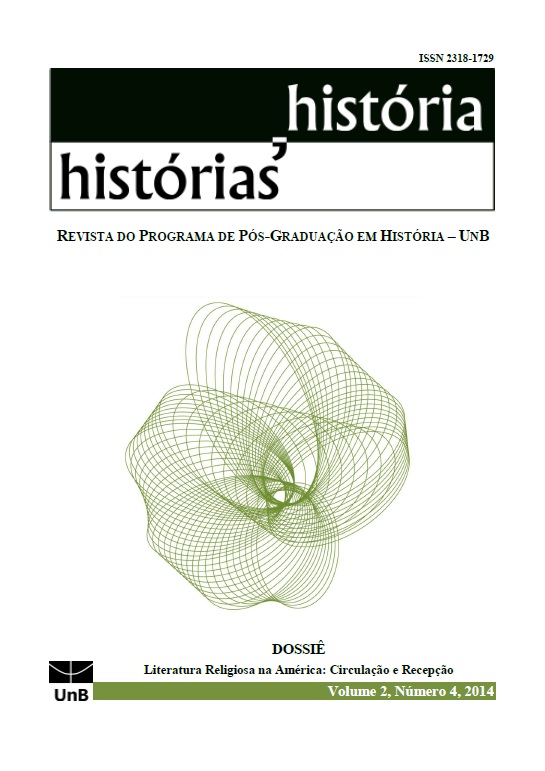A (des)construção de gênero nos filmes Shrek
DOI:
https://doi.org/10.26512/hh.v2i4.10817Keywords:
gênero, cinema, representações, discurso, produção de sentidoAbstract
Este artigo compreende um estudo sobre as rupturas e permanências nas representações do feminino e do masculino através da sequência de filmes Shrek. Para tanto utilizamos abordagens dos estudos feministas e de gênero. A metodologia utilizada é a revisão bibliográfica, alguns procedimentos da análise do discurso de vertente francesa (AD), tomando por base as reflexões de Michel Foucault, a produção de sentidos no cotidiano, e a articulação entre historiografia, cinema e gênero. O conceito de representação social utilizado no trabalho parte da perspectiva de Denise Jodelet; e os pressupostos que dão base ao conceito de gênero são os abordados por Teresa de Lauretis. A partir do uso dessas teorias e metodologias compreendemos que o cinema é um poderoso formador de representações sociais e de subjetivação dos gêneros. Percebemos que as fontes escolhidas são recheadas de construções sociais que atuam na constituição dos sujeitos e são importantes instrumentos pedagogizantes.
Downloads
Downloads
Published
How to Cite
Issue
Section
License
Authors who submit papers with this journal agree to the following terms:
a) Authors retain copyright and grant the journal right of first publication with the work simultaneously licensed under a Creative Commons Attribution License that allows others to share the work with an acknowledgement of the work's authorship and initial publication in this journal.
b) Authors are able to enter into separate, additional contractual arrangements for the non-exclusive distribution of the journal's published version of the work (e.g., post it to an institutional repository or publish it in a book), with an acknowledgement of its initial publication in this journal.
c) Authors are permitted and encouraged to post their work online (e.g., in institutional repositories or on their website) prior to and during the submission process, as it can lead to productive exchanges, as well as earlier and greater citation of published work.




